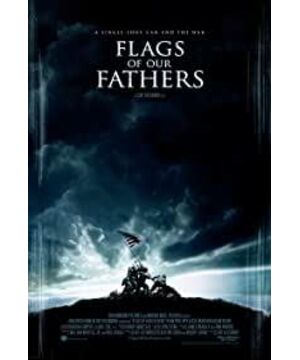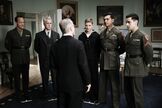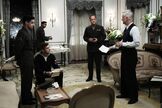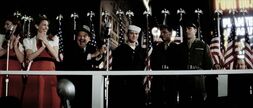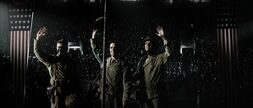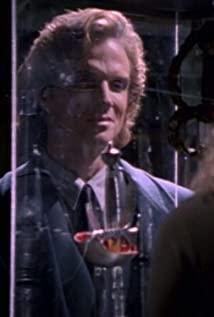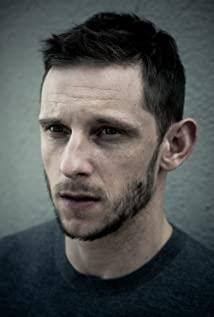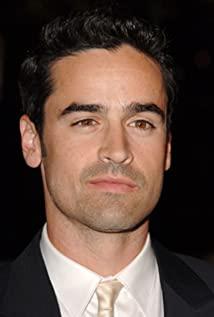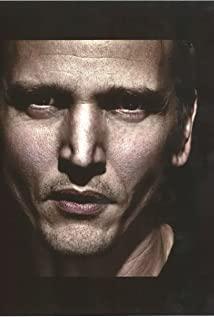Although it is called a war movie, it reveals more about human nature. In the state of war, the people are sensitive and helpless and eager to seek sustenance, and at this moment, the Stars and Stripes flag raised high on Iwo Jima has become people's salvation, and the three soldiers have become heroes. But they don't want to be heroes, they are just doing what they should do, the people give them the title of hero, flowers, halo, these make them at a loss, they would rather face death on the battlefield with their comrades, rather than stand alone Hero's title. The one that impressed me the most was the Chief. He is an Indian, and his special status makes him discriminated against, but he still chooses to fight for his country. But when he returned from the bloodbath, the hero's laurel crown seemed to be a restraint, and he couldn't help thinking of his brother who died in battle, who should have been the hero's standard bearer, and a comrade who was still fighting. The most impressive scene was at the celebration banquet. He was crying while holding the mother of his sacrificed comrades-in-arms. All the comrades-in-arms were heroes, but they could not come back. Their young lives were forever on Iwo Jima. in a foreign country. I don't know what he remembered, maybe it was the days when he fought on the island, maybe it was the nostalgia and longing for his hometown of some comrades in the evening, maybe it was the back of their unrelenting charge. He couldn't hold back his feelings and was in constant pain. In such a happy environment, when everyone around him was immersed in the joy of victory, only he thought of how many lives this ridiculous so-called victory was exchanged for. The sadness of his chief is in stark contrast with the joy of the people around him, which makes the film even more shocking. The interlude form used in the whole film is also intended to be here. The scenes of war and post-war are constantly exchanged. The tragic war scene shows that the joy after the war is extremely precious, and it also shows the ridiculous and numbness of the US government, which only seeks donations from society. Even if the chief becomes a hero, he still suffers injustice, just because of his blood! In the end, the chief chose to leave, and he became a "damn Indian" again. He finally followed his heart and returned to the battlefield with his comrades. Post-war heroes chose to fade out of the public eye because they were unwilling to drape on their shoulders the honor of their comrades in exchange for death. Besides, even if they don't get out of the way, they're still heroes and worthless. The popular support of the postwar people seemed to be a dream, a joke, the chief eventually died of alcohol poisoning, and he could only use alcohol to numb his mental and physical pain for the rest of his life.
The soldiers were pushed to the throne of heroes, but they were actually just poor people who were used. The people were disappointed with the war and desperately needed a heroic figure, and the government needed donations, so they chose them. After the war, they were just out-of-date heroes, no one cared about them, and they lived their lives in peace. From heaven to earth, but that's it.
View more about Flags of Our Fathers reviews


